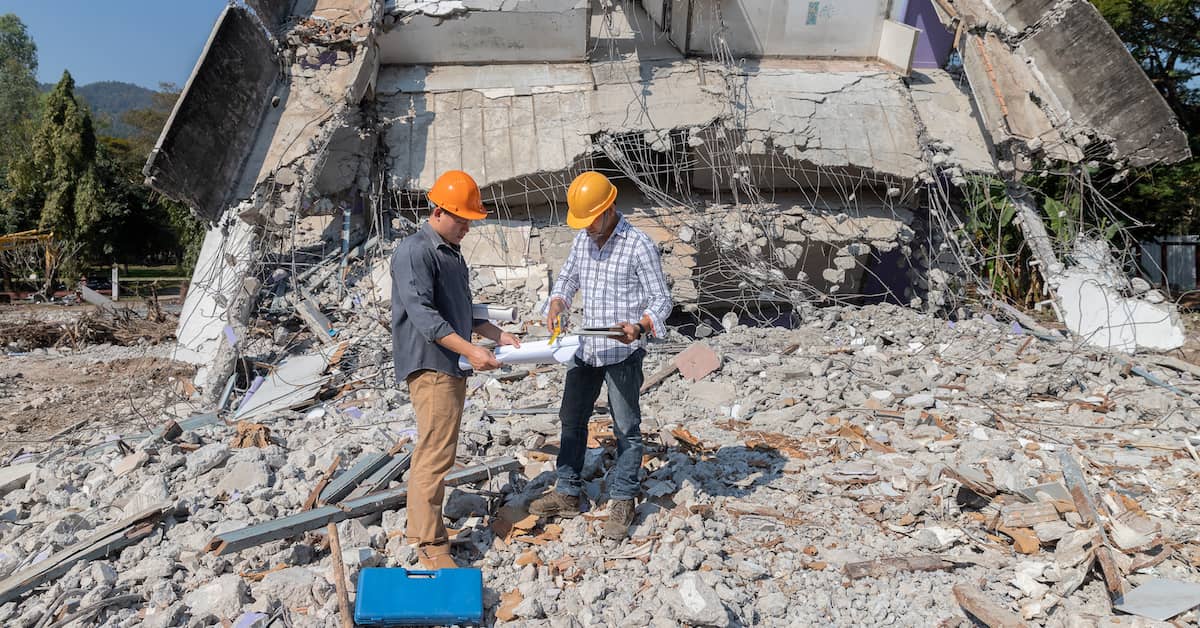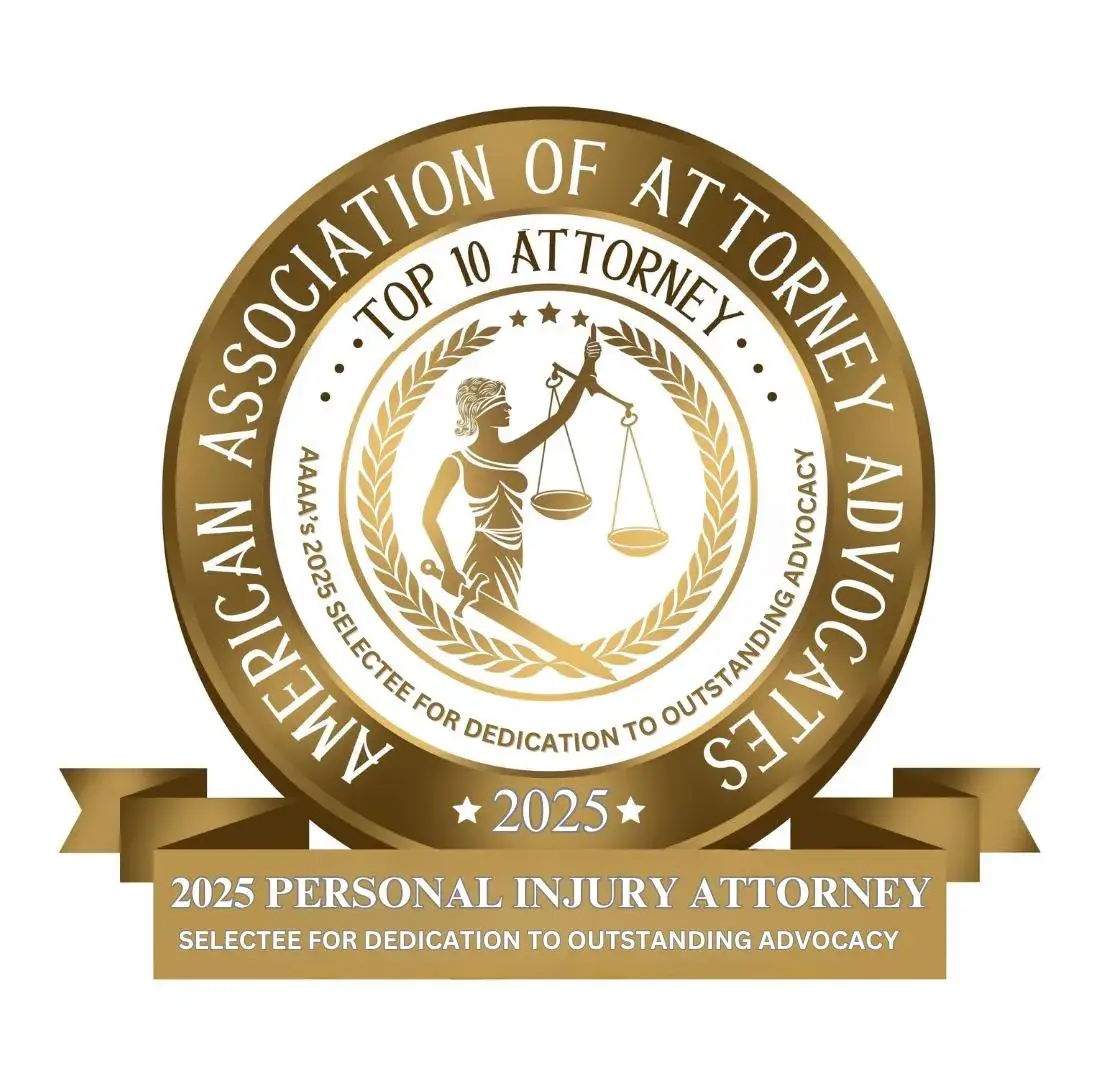
Do Workers’ Comp Cases Go to Trial?
Getting hurt on the job can flip your world upside down. You’re in pain. You’re missing paychecks. You’re worried about how long you’ll be out of work. That’s why many injured employees turn to a workers compensation lawyer early on—to help file the claim and avoid costly delays.
You may hear from insurance adjusters. You may be asked for paperwork. Sometimes, you’re denied.
That’s when many people ask: do workers’ comp cases go to trial?
If you’ve filed a claim or are thinking about it, here’s what you should know about how these cases work, and when a courtroom might be part of the process.
Do workers’ comp cases go to trial?
Most workers’ comp cases settle out of court, but trials can happen if there’s a dispute over benefits or denial. Here’s what to know:
- You don’t need to prove fault to file a claim.
- Claims are denied for reasons like delayed reporting or disputed injuries.
- If denied, the process may involve:
- Mediation
- An administrative hearing
- Appeals in court
- Trials are decided by a judge, not a jury.
- You’ll present medical records, testimony, and wage loss evidence.
- Most cases settle before reaching trial, but if not, preparation is key.
- A workers’ comp lawyer can help you gather documents, meet deadlines, and argue your case.
What Is a Workers’ Comp Claim?
When an employee gets hurt at work, workers’ compensation laws give them a way to receive medical treatment and wage benefits without filing a lawsuit. The system is designed to be “no fault.”
That means you don’t have to prove your employer did anything wrong to qualify for benefits. Instead, you report your injury, follow medical instructions, and submit the required forms. In theory, it should be simple.
But reality often looks different.
- Claims can be delayed.
- Some are denied without clear reasons.
- Benefits may not cover everything.
- You may be told your injury isn’t work-related.
It’s not uncommon for workers to feel stuck in these situations. Many give up. Others choose to fight back by appealing the decision, and that’s when trials can enter the picture.
When Do Workers’ Comp Cases Get Denied?
Most workers’ comp claims are approved if the injury is clearly job-related. But some are denied for reasons that seem minor or unfair. These denials are often the first step toward a legal dispute.
Here’s why your claim might be denied:
- Your employer says the injury didn’t happen at work.
- There were no witnesses to your accident.
- You waited too long to report the injury.
- A doctor hired by the insurance company disagrees with your own doctor.
- You were allegedly under the influence of drugs or alcohol.
Not every denial is valid. Some are based on weak evidence or wrong assumptions. That’s why you have the right to appeal.
Once you start the appeal process, things can move through several steps. Most of the time, these disputes are settled before they ever reach a courtroom. But some do go to trial, especially if the insurance company refuses to budge.
The Workers’ Comp Appeals Process
If your claim is denied, you don’t go straight to trial. You first go through a structured appeals process. This gives both sides a chance to present their side.
Let’s break it down into three stages:
Step 1: Reconsideration or Mediation
You may start by asking for a review of the decision. This often involves a conference or mediation session. A mediator listens to both sides and tries to help reach an agreement. This is informal and takes place outside the courtroom.
Step 2: Administrative Hearing
If mediation doesn’t work, you can request a hearing before a judge. This is more formal. You and your employer present evidence, and the judge makes a decision. It’s not a full-blown trial, but it’s still legally binding.
Step 3: Appeal to Higher Court
If you lose at the hearing, you can appeal to a higher court. This is when it becomes more like a traditional court case.
Lawyers get involved. Evidence is reviewed in detail. You may have to testify. This is what people usually mean when they say a case “goes to trial.”
Every state has its own rules, but the general pattern is the same. You don’t jump from injury to trial overnight. It takes time, paperwork, and sometimes several hearings.
What Happens at a Workers’ Comp Trial?
If your case makes it all the way to trial, here’s what you can expect:
- You’ll appear before a judge who handles workers’ compensation cases.
- Both sides can present evidence.
- Witnesses may be called.
- Medical records and expert opinions are reviewed.
- The judge will issue a decision, usually in writing, after the hearing.
This process is very different from what you see on TV. There’s no jury. The focus is on medical facts, job duties, and treatment history. Many workers worry that they’ll have to “prove” they weren’t at fault.
Workers’ comp is not about blame. Your job at trial is to show that your injury happened at work and is affecting your ability to do it.
Here’s what might be reviewed at trial:
- Accident reports and dates
- Testimony from your employer or coworkers
- Medical evaluations (both from your doctor and theirs)
- Wage records showing lost income
- Surveillance footage, if available
The judge will weigh this evidence and issue a ruling. Sometimes, you’ll get the full benefits you requested. Other times, the judge may offer partial benefits or deny the claim again.
How Long Do Workers’ Comp Trials Take?
The timeline varies. Some cases move quickly, while others take months—or even years. It depends on the following:
- How complex your medical condition is
- Whether there are multiple witnesses
- How quickly both sides submit documents
- Scheduling availability of the court
In general:
- Mediation can happen within weeks.
- Hearings may take a few months to schedule.
- Trials can be set many months down the line.
- Final decisions after trial may take several weeks or longer.
If your case does go to trial, patience is essential. You may have to wait for your benefits until the court decides. Many people settle their case beforehand if a fair offer is made.
Should You Settle or Go to Trial?
Not every workers’ comp case ends in trial. Most do not. Settling can be a smart choice in certain situations, especially when time, money, and stress are on the line.
Settlement Pros:
- You get money faster.
- You avoid the uncertainty of trial.
- You don’t have to wait for a judge’s decision.
Settlement Cons:
- You may receive less than you could win in court.
- You may give up rights to future benefits.
- The insurance company may pressure you to settle for too little.
Each situation is different. Some workers want to settle quickly and move on. Others are willing to fight for every dollar they’re owed. There’s no one right answer, but it helps to weigh your options with someone who knows the system.
Common Myths About Workers’ Comp Trials
Let’s clear up a few misunderstandings about what it means to go to trial in a workers’ comp case.
Myth 1: I’ll have to fight my employer in open court.
Not true. Most hearings are done in private, often in small conference rooms. It’s usually you, your attorney, the judge, and perhaps a representative from the insurance company.
Myth 2: Trials are always public.
They’re usually administrative. They are not in the same courthouse as criminal or civil trials.
Myth 3: Going to trial means I’ll win big.
Not always. Judges go by the facts. If your medical records are weak or missing, a trial can work against you.
Myth 4: Trials are the only way to win.
False. Many workers get better results through mediation or a structured settlement.
Knowing these facts can help you make smart choices if your claim is denied.
How to Prepare If Your Case Might Go to Trial
Preparation can make a big difference. Here’s how to get ready if your case may be headed for a hearing or trial:
- Keep records: Save everything. Injury reports, doctor’s notes, prescriptions, and missed workdays.
- Follow medical instructions: Skipping appointments or ignoring advice can be used against you.
- Stay off social media: Insurance companies sometimes use your posts to claim you’re not injured.
- Stick to the truth: Don’t exaggerate. Be clear and consistent in every report or interview.
- Talk to someone early: If your case is denied, the earlier you get help, the better your chances.
Do You Need a Lawyer for a Workers’ Comp Trial?
You’re not required to have a lawyer. But many workers find it helpful—especially once things get more formal. Insurance companies have their own legal teams. They know how to argue cases and spot weak points.
If you try to go it alone, you may miss deadlines, submit the wrong forms, or get lost in the paperwork. You could lose benefits you might have won with the right help.
A good lawyer can:
- Review your case for free
- Spot gaps in medical records
- Challenge false assumptions made by the insurer
- Help you decide if a settlement is fair
- Represent you at hearings and trials
This isn’t about getting rich. It’s about getting the care and support you need to recover and move forward.
Getting Support for Your Workers’ Comp Case
Not every workers’ comp case goes to trial. But when it does, you don’t have to face it alone. If your claim has been denied or delayed, help is available.
The team at Maggiano, DiGirolamo & Lizzi, P.C. has helped injured workers protect their rights and recover what they’re owed.
With decades of experience handling tough cases, they know how to stand up to insurance companies that don’t play fair. Call (201) 585-9111 to schedule a free consultation. Whether your case ends in settlement or trial, they’ll be in your corner every step of the way.
Frequently Asked Questions
Can I be fired for filing a workers’ comp claim?
No. It is illegal for your employer to fire or retaliate against you just because you filed a workers’ compensation claim. You may have a separate legal claim for retaliation or wrongful termination if you believe you were let go or treated unfairly after reporting a work injury.
What if my injury developed over time, not from a single accident?
You can still file a workers’ comp claim for injuries caused by repeated strain or long-term exposure. This includes issues like carpal tunnel syndrome or back problems from lifting. These claims may require strong medical documentation to connect the injury to your work duties.
Can I see my own doctor for treatment?
In many states, you may be required to see a doctor chosen by your employer or their insurance company, at least for the initial evaluation. After that, you might be allowed to switch. Rules vary by state, so check local laws or ask someone familiar with your region’s system.
What if I was injured during my break or lunch?
It depends. If you were still on the company’s property or performing a task connected to your job, you might still qualify for workers’ comp. Injuries off-site or during unpaid breaks are harder to claim, but not always impossible.
Can I get compensation for mental health issues related to my job?
In some cases, yes. If you develop anxiety, PTSD, or depression from a traumatic event at work or long-term stress, you might qualify. Mental health claims are more complex and often require detailed medical evidence, but they are allowed in certain situations.



















